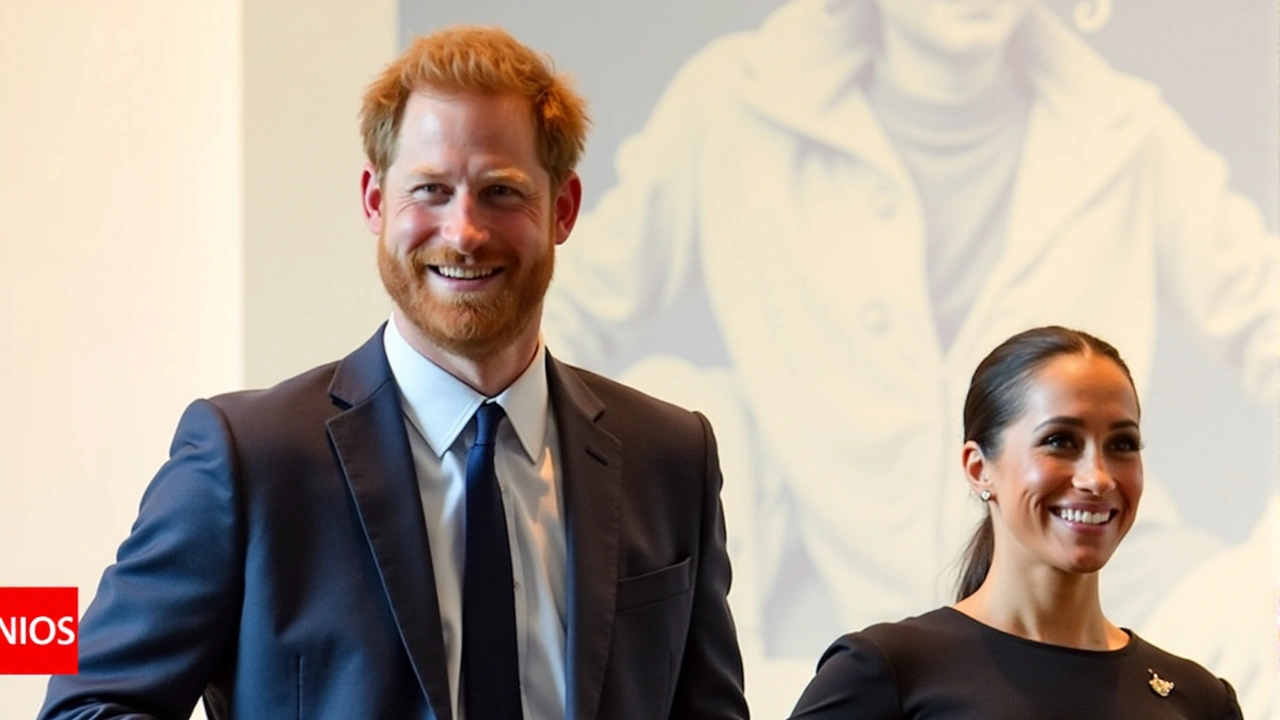Royal families may seem far removed from everyday life, but their influence stretches wider than you might guess—especially across Africa. These families often play big roles in conservation efforts, land management, and the cultural identity of communities near game farms and wildlife reserves. Curious how their decisions actually impact people and the environment? Read on for the real story, minus the ceremony and hidden agendas.
In many African nations, traditional monarchies and royal houses still have a hand in critical issues like wildlife conservation and eco-tourism. For example, a local king or paramount chief on the board of a game reserve can help align community interests with sustainable land practices. Direct involvement by royals means land use decisions consider both ancestral rights and modern conservation science—something that’s not just ceremonial, but very practical for the future of African biodiversity.
When it comes to conservation, royal families often lead or fund crucial projects. Think anti-poaching campaigns or rewilding efforts on lands they manage or influence. Their legacy status brings in international attention and sometimes crucial funding, attracting big organizations that want their faces tied to Africa’s wildlife protection. Of course, this isn’t all headline-grabbing grand gestures. Local royals often help mediate conflicts between game farms and nearby villages, keeping things peaceful when wild animals wander or land claims crop up.
But there’s more: royal involvement affects tourism too. Some game farms and eco-lodges run on land associated with royal families, so visitors are interested in both wildlife and local heritage. These places sometimes offer cultural experiences you can’t get anywhere else—imagine a guided bush walk with a member of a royal family, or learning firsthand about traditions that go back centuries. It’s not just about majestic lions or rare antelopes; it’s about people and their stories.
Don’t think all royal news is ancient history or platitudes. Modern royals in Africa—just like their European peers—deal with controversy, media attention, and struggles around land rights. Recent years have sparked debates around balancing economic development with the need to preserve ecosystems, and royal families are often right in the thick of it. Their choices can shape laws and guide policy, affecting everything from how hunting quotas are set to which communities get a share of tourism profits.
If you’re following the big moves in African conservation, local politics, or tourism development, keeping an eye on royal family news is actually practical. These figures shape big headlines and quiet negotiations that impact daily life—even if you don’t see them waving from palace balconies. Whether you’re planning a safari or just curious about the forces at play behind the scenes, their influence is woven into the continent’s story.

Prince Harry and Meghan Markle are reportedly exploring professional independence through individual projects, fueling speculation about their marriage. Meghan's solo appearances and a recent statement have added to the buzz. The professional separation aligns with their pursuits in distinct arenas, potentially impacting their joint initiatives. Meanwhile, royal enthusiasts and media keep a vigilant eye on their evolving dynamics.
Read More >>